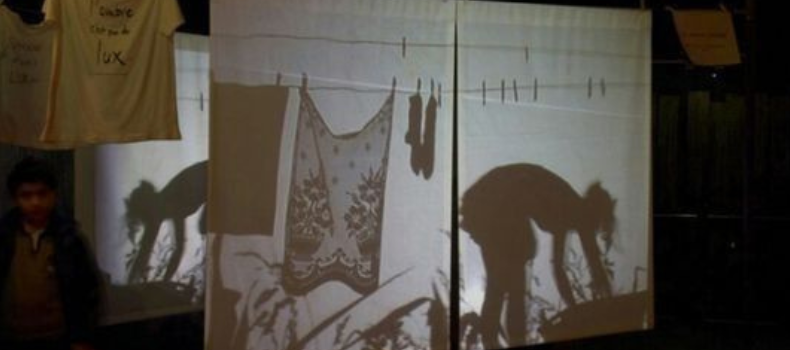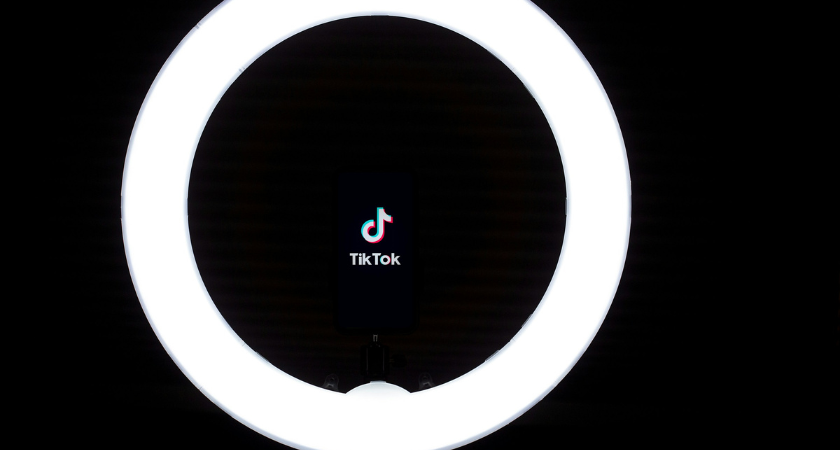Impact Of TikTok On Mental Health And Identity Construction.

Find out how TikTok affects mental health and contributes to the identities construction, especially among young people in the digital age.
The Communication Research Center of the University of Costa Rica (Cicom UCR) published the II Report on the use of digital platforms in Costa Rica 2024, revealing that TikTok has reached 45% of use, especially among young people with secondary education.
Indeed, the short and visually appealing videos on TikTok capture our attention and generate a dopamine release, providing pleasure and reward to the brain. The platform is a space for personal and artistic expression, fostering users’ authenticity and empowerment. This can improve self-esteem and confidence.
However, excessive use of TikTok can lead to overexposure, distraction from other areas of life, anxiety and dissatisfaction due to constant comparison with others.
TikTok is a powerful tool for disseminating information and creating trends that impact our culture and preferences.
Although the platform has experienced significant growth, its excessive use can contribute to mental health problems, such as anxiety and depression, and affect the perception of the body. In addition, fragmented content can impair attention span and concentration.
Tiktok And Gender Roles

Social networks are fundamental in the daily life, leisure and school environment of young people. In this way, TikTok influence the construction of their identities and socialization, especially in gender issues.
These platforms transmit knowledge, values and behaviors that shape subjectivities and identities, often replicating patriarchal patterns.
On social networks, identities can be “window dressing” or artificial. Although TikTok prohibits violence and harassment, some studies warn of risks such as dissociation between the real and virtual self, public exposure and sexual harassment of young women. In addition, women are often objectified, hypersexualized and subordinated, with vexatious messages.
The Audiovisual Council of Catalonia (CAC) has warned about the normalization of sexist behavior and subtle forms of gender violence in social networks. The videos analyzed reinforce stereotypes of beauty and gender roles that perpetuate inequalities, promoting the idea that men are the provider and women must be maintained due to a historical debt.
How can we explain that decades of feminist struggles later, we can return to the old steps?
Sensorial Sunsets
Navigate articles



